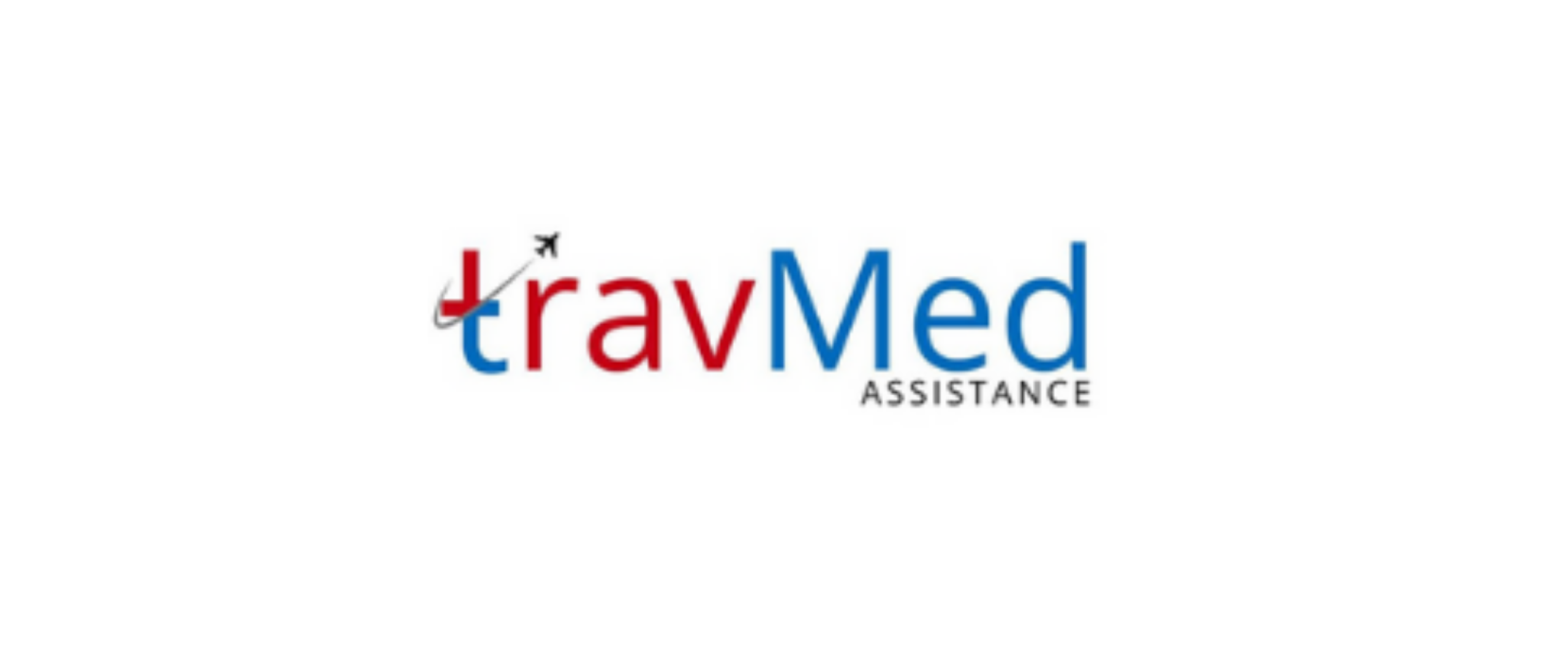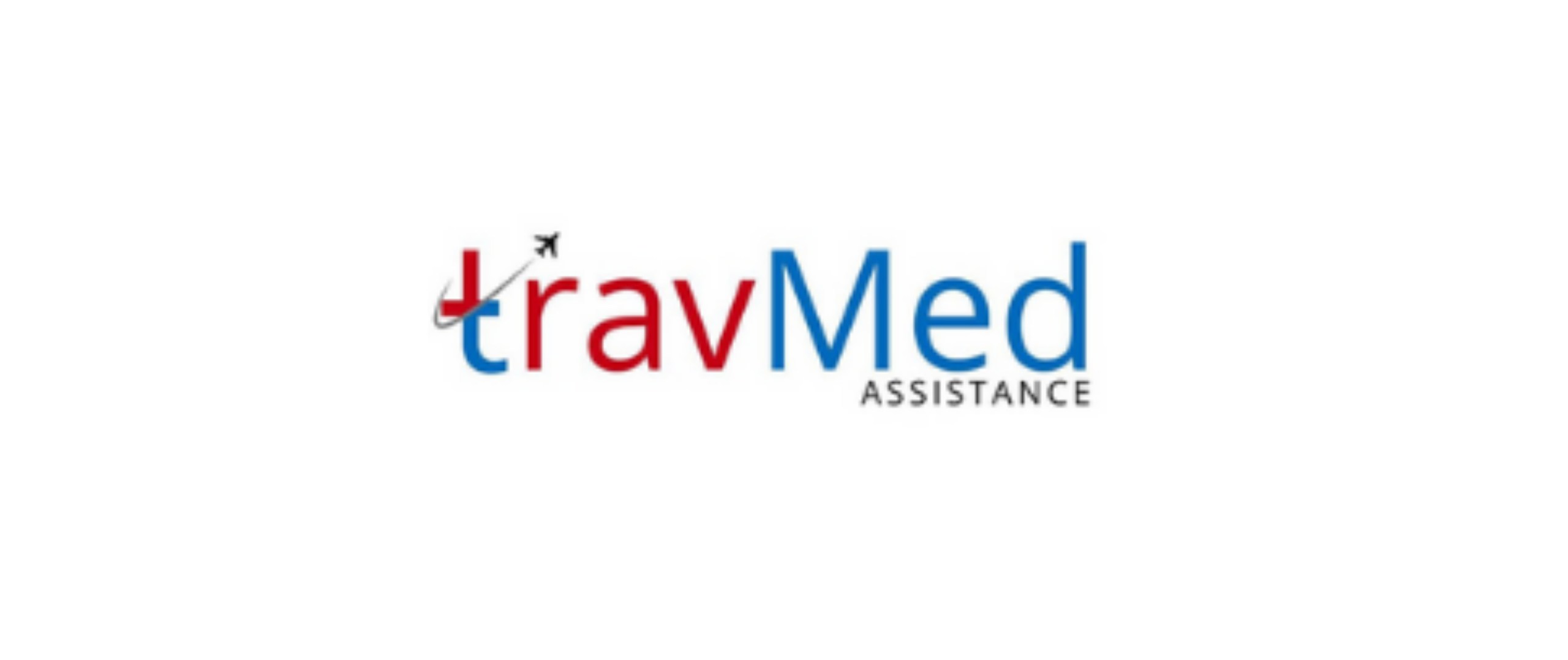
What is medical counselling for travelers?
Medical counselling for travelers is a specialized service that provides health-related advice and information to individuals planning to visit Nepal. This service aims to prepare travelers for potential health risks and challenges they may encounter during their trip. Medical professionals with expertise in travel medicine offer personalized consultations, addressing specific health concerns related to the traveler’s itinerary, medical history, and planned activities. The counselling sessions cover a wide range of topics, including vaccinations, disease prevention, altitude sickness, food and water safety, and emergency medical care in Nepal. By providing accurate and up-to-date information, medical counselling helps travelers make informed decisions about their health and safety while exploring Nepal’s diverse landscapes and cultures.
Who provides counselling services in Nepal?
In Nepal, medical counselling services for travelers are provided by various healthcare professionals and organizations. These include:
- Travel clinics affiliated with major hospitals
- Private medical practices specializing in travel medicine
- Government health departments
- International health organizations with a presence in Nepal
- Specialized travel medicine centers
- Telemedicine platforms offering remote consultations
Many of these providers employ doctors, nurses, and public health experts with specific training in travel medicine and tropical diseases. Some clinics also collaborate with local tour operators and trekking agencies to offer comprehensive pre-travel health services. The Nepal Association of Travel Medicine (NATM) plays a role in promoting and standardizing travel health services across the country. Travelers can find reputable counselling providers through recommendations from their home country’s travel clinics, embassy websites, or trusted online travel health resources.
How does medical counselling help travelers?
Medical counselling significantly benefits travelers to Nepal by:
- Providing destination-specific health information
- Assessing individual health risks based on travel plans
- Recommending appropriate vaccinations and medications
- Offering advice on disease prevention strategies
- Educating travelers about altitude sickness and acclimatization
- Discussing food and water safety practices
- Providing guidance on managing pre-existing medical conditions
- Offering information on local healthcare facilities and emergency services
- Advising on travel insurance and medical evacuation options
- Addressing concerns about specific activities like trekking or rafting
- Providing resources for ongoing health support during the trip
- Offering post-travel follow-up consultations if needed
By addressing these aspects, medical counselling enhances travelers’ preparedness, reduces health risks, and contributes to a safer and more enjoyable experience in Nepal.
What topics are covered in counselling sessions?
Medical counselling sessions for travelers to Nepal typically cover a comprehensive range of health-related topics, including:
- Required and recommended vaccinations for Nepal
- Malaria prevention and prophylaxis options
- Altitude sickness prevention and management
- Food and water safety practices
- Traveler’s diarrhea prevention and treatment
- Insect-borne disease prevention (e.g., dengue fever)
- Personal hygiene and sanitation in Nepal
- Managing pre-existing medical conditions during travel
- Packing essential medications and first-aid supplies
- Dealing with extreme weather conditions
- Sexual health and safety while traveling
- Mental health considerations for long-term travelers
- Accessing healthcare services in Nepal
- Travel insurance and medical evacuation options
- Post-travel health concerns and follow-up care
These topics are tailored to the traveler’s specific itinerary, health status, and planned activities in Nepal, ensuring that the counselling session addresses individual needs and concerns.
How much does counselling cost in Nepal?
The cost of medical counselling for travelers in Nepal varies depending on several factors:
- Type of healthcare provider (public vs. private)
- Location of the clinic (urban centers vs. rural areas)
- Duration and complexity of the consultation
- Additional services required (e.g., vaccinations, lab tests)
- Traveler’s nationality (local rates vs. international rates)
On average, a basic medical counselling session in Nepal may cost between NPR 1,000 to NPR 5,000 (approximately USD 8 to USD 40). More comprehensive consultations, including vaccinations and lab tests, can range from NPR 5,000 to NPR 15,000 (USD 40 to USD 120) or more. Some travel clinics offer package deals that include counselling, vaccinations, and follow-up care. It’s advisable to check with multiple providers and compare prices, as costs can vary significantly. Some international travel insurance policies may cover pre-travel medical counselling, so travelers should review their coverage before booking a session in Nepal.
Are services available for international travelers?
Yes, medical counselling services in Nepal are readily available for international travelers. Many healthcare providers in major cities like Kathmandu, Pokhara, and Chitwan cater specifically to the needs of foreign visitors. These services include:
- Multi-lingual staff to overcome language barriers
- Familiarity with international travel health guidelines
- Access to globally recognized vaccines and medications
- Understanding of health risks specific to various nationalities
- Knowledge of international health insurance and evacuation procedures
- Ability to provide documentation in English for travel purposes
- Telemedicine options for pre-arrival consultations
- Coordination with home country healthcare providers if necessary
- Familiarity with embassy and consulate health recommendations
- Post-travel follow-up services, including remote consultations
International travelers can find these services through online directories, embassy recommendations, or international travel clinic networks. It’s advisable to book appointments in advance, especially during peak tourist seasons, to ensure availability and adequate preparation time for any required vaccinations or medications.
How do I book a counselling session?
Booking a medical counselling session for travelers in Nepal typically involves the following steps:
- Research reputable travel clinics or healthcare providers in Nepal
- Choose a provider based on location, services offered, and reviews
- Contact the clinic via phone, email, or their online booking system
- Provide basic information about your travel plans and health status
- Select a convenient date and time for your appointment
- Confirm any pre-appointment requirements (e.g., medical history forms)
- Receive booking confirmation and pre-appointment instructions
- Prepare any necessary documents or medical records
- Arrange payment method (cash, credit card, or insurance coverage)
- Plan to arrive at the clinic early on the day of your appointment
Many clinics in Nepal now offer online booking systems for convenience. Some also provide virtual consultations for pre-travel counselling, which can be particularly useful for planning purposes. It’s recommended to book your session at least 4-6 weeks before your trip to allow time for any necessary vaccinations or medications to take effect.
What documents are required for counselling?
When attending a medical counselling session for travelers in Nepal, it’s advisable to bring the following documents:
- Valid passport or government-issued ID
- Detailed travel itinerary
- Vaccination records or immunization history
- Medical history, including current medications and allergies
- List of pre-existing medical conditions
- Recent medical test results (if applicable)
- Travel insurance policy details
- Emergency contact information
- Any specific health concerns or questions written down
- Previous travel health records (if available)
- Prescription medications in original packaging
- Payment method (cash, credit card, or insurance information)
Having these documents readily available ensures a comprehensive and efficient counselling session. The healthcare provider can offer more tailored advice based on your specific health profile and travel plans. Some clinics may require you to fill out health questionnaires or consent forms before the consultation, so arriving early allows time to complete any necessary paperwork.
How reliable are counselling services in Nepal?
The reliability of medical counselling services for travelers in Nepal varies, but overall, they are generally considered trustworthy and competent. Factors contributing to their reliability include:
- Regulation by the Nepal Medical Council and Ministry of Health
- Adherence to international travel medicine guidelines
- Ongoing training and education for healthcare providers
- Collaboration with global health organizations
- Access to up-to-date medical information and resources
- Positive feedback from previous international travelers
- Accreditation from recognized health institutions
- Experience in dealing with travel-specific health issues
- Ability to provide evidence-based recommendations
- Transparency in pricing and service offerings
However, it’s essential to choose reputable providers, preferably those recommended by embassies, international health organizations, or trusted travel resources. Reading reviews from other travelers and checking the credentials of the healthcare providers can help ensure you receive reliable counselling services. While the quality of services in major cities is generally high, availability and standards may vary in more remote areas of Nepal.
Can counselling prevent travel-related illnesses?
Medical counselling plays a significant role in preventing travel-related illnesses for visitors to Nepal. While it cannot guarantee complete protection, it substantially reduces health risks through:
- Providing up-to-date information on local health threats
- Recommending appropriate vaccinations and preventive medications
- Educating travelers about proper hygiene and food safety practices
- Offering strategies for altitude sickness prevention and management
- Advising on insect bite prevention and malaria prophylaxis
- Discussing safe water consumption methods
- Providing guidance on managing pre-existing health conditions
- Offering tips for acclimatization and physical preparation for trekking
- Educating about signs and symptoms of common travel-related illnesses
- Recommending appropriate first-aid supplies and medications to carry
- Advising on stress management and mental health during travel
- Providing resources for accessing healthcare services in Nepal
By arming travelers with knowledge and preventive strategies, counselling significantly reduces the likelihood of contracting travel-related illnesses. However, travelers must follow the advice provided and remain vigilant about their health throughout their journey in Nepal.
Are services available online in Nepal?
Yes, online medical counselling services for travelers are increasingly available in Nepal. These virtual consultations offer several advantages:
- Convenience for pre-travel planning from home countries
- Access to Nepal-based healthcare providers before arrival
- Reduced risk of exposure to illnesses in clinic waiting rooms
- Flexibility in scheduling appointments
- Option for follow-up consultations during and after travel
- Ability to share documents and medical records electronically
- Cost-effective alternative to in-person visits
- Access to specialists who may not be available locally
- Multilingual services catering to international travelers
- Recorded sessions for future reference
Many travel clinics and healthcare providers in Nepal now offer telemedicine options through video conferencing platforms or specialized medical apps. These services typically cover the same range of topics as in-person consultations, including vaccination recommendations, health risk assessments, and travel health advice specific to Nepal. However, for certain services like vaccinations or physical examinations, in-person visits may still be necessary. It’s advisable to check the provider’s credentials and ensure they have experience in travel medicine specific to Nepal when opting for online services.
How do I contact counselling providers?
Contacting medical counselling providers in Nepal can be done through various channels:
- Official websites of travel clinics or hospitals
- Email addresses listed on healthcare provider directories
- Phone numbers for direct communication
- Social media platforms (Facebook, Twitter, Instagram)
- Online booking forms on clinic websites
- Travel agency partnerships and referrals
- Embassy or consulate health service recommendations
- International travel medicine networks
- Telemedicine platforms offering Nepal-specific services
- Local tourism board information centers
- Nepal Medical Association directory
- Online travel forums and expat communities
When contacting providers, be prepared to provide basic information about your travel plans, health status, and specific concerns. It’s advisable to reach out to multiple providers to compare services and find the best fit for your needs. Keep in mind time zone differences when contacting from abroad, and allow sufficient time for responses, especially during peak tourist seasons. Many providers offer WhatsApp or Viber contact options for easier international communication.


